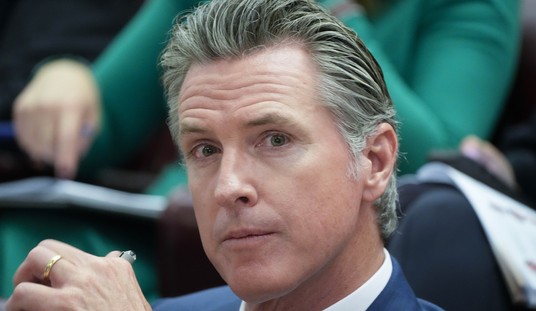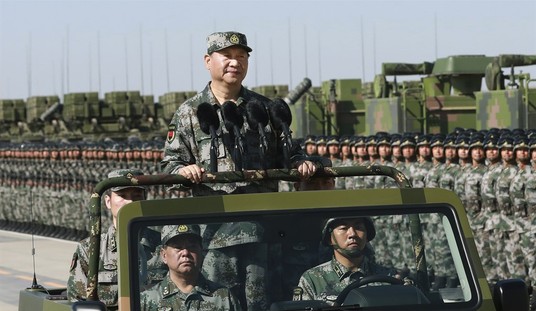To say that the mainstream media is on the defense these days is probably an understatement. This is particularly true after the president’s rally in Florida on Friday where he once again essentially declared open war on CNN, MSNBC and the nation’s larger newspapers. In some ways this story almost seems to be good for cable news because it allows many of their talking heads to focus on the one subject they seem to truly enjoy: themselves. But not everyone is being entirely sanguine about Donald Trump’s repeated accusations regarding fake news and the Fourth Estate being an “enemy of the people.” Margaret Sullivan at the Washington Post was worried enough to pen an editorial questioning whether or not the White House would start coming after reporters.
The news media is not merely “scum,” as he has said many times before, but now “the enemy of the American People.”
This tweeted pronouncement, with its authoritarian echoes, came soon after Trump’s vow to stamp out the unauthorized flow of intelligence-community information to journalists. “I’ve actually called the Justice Department to look into the leaks,” he said. “Those are criminal leaks.”
Add up these two elements and you get a troubling question: Will the Trump administration’s crackdown on leaks include journalists as well as their sources?
Some knowledgeable lawyers and academics say it’s unlikely.
Most of what Sullivan is worried about still sounds like the stuff of dystopian fiction novels rather than any real threat looming on the horizon. The president makes frequent use of hyperbole to drive his points home and his discontent with the biased coverage provided by the mainstream media is not only real but quite understandable. But at the same time, I find it difficult to imagine him using the power of the Attorney General’s office to start locking up reporters for simply getting something wrong or putting their usual liberal spin on stories.
At the same time there could be exceptions. Most of the major questions in this area center on the far too common leaks which come out of the executive branch. Much of the time, these leaks involve people talking out of school about things which members of the administration would clearly prefer to remain private but have nothing to do with national security. Details of private phone calls make their way to the pages of the New York Times and internal memos intended only for the staff regularly show up on cable news roundtables. Some of the stories may actually be of interest to the voters in evaluating the administration while others appear to be nothing more than normal housekeeping which is spun to cast the new presidency in the worst light possible.
The problem with these types of leaks, as I’m sure Sullivan is well aware, isn’t really the media so much as the people on Trump’s team who can’t resist gossiping with reporters. You can solve this problem without sending federal agents to talk to anyone at the Washington Post. The only real solution is to clean house and have reliable people who are capable of keeping private conversations private.
But what about stories which cross the line which I referenced above? If information which could be damaging to national security shows up as the lead of the day on CNN what is the White House supposed to do about it? Yes, the person who handed the information off to the press is certainly culpable and should be prosecuted. But the reporter who took the damaging data and ran with it surely shares some of the blame as well, don’t they? We don’t have any sort of federal shield law for reporters such as exists in some, but not all of the states. And, as Sullivan notes in her essay, the Obama administration set the stage for prosecuting journalists with no less than nine attempts to do so during the past eight years.
Is Donald Trump going to continue that tradition? I wouldn’t be terribly surprised, even though the press will scream bloody murder. But the line has to be drawn somewhere.









Join the conversation as a VIP Member